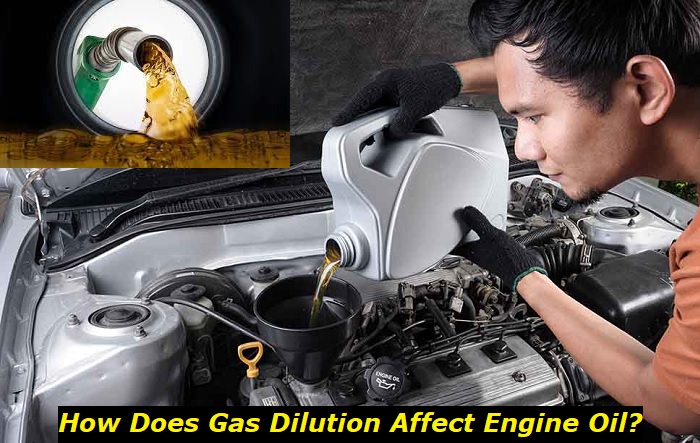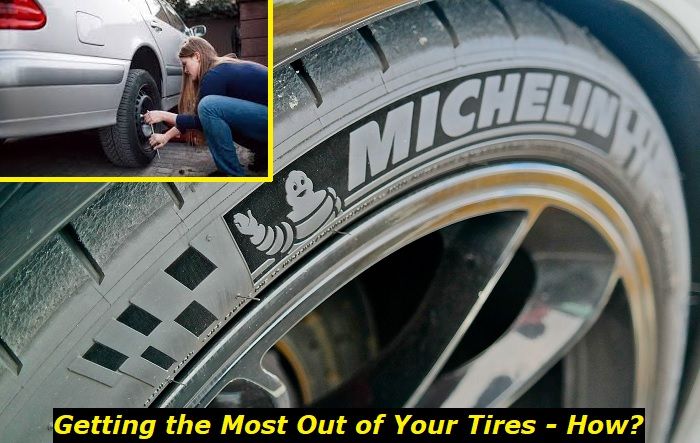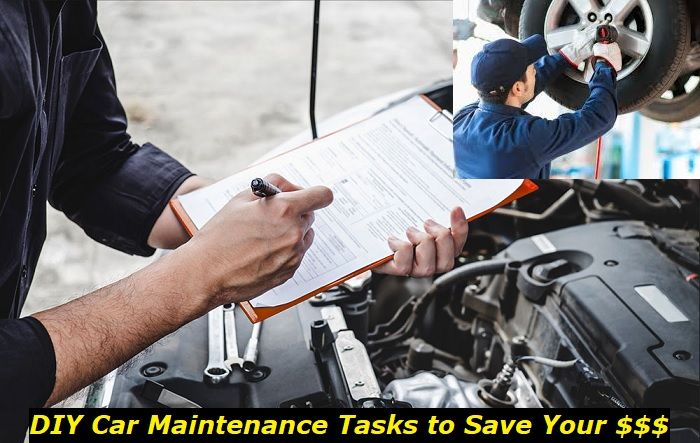Diluting the oil with gas is not a good thing for your engine but it doesn't pose an immediate danger to the mechanism. Driving for a long time in such a condition will affect the engine. It doesn't mean that the powerplant will be broken or worn out quickly, but it can reduce its life significantly by making the lubrication worse.
Oil-related issues highlights
- Level of urgency:high
- Average mileage:not related to mileage
- Repair cost:$0 - $1,900
- DIY repair:possible, in some cases
- Commonreasons:wrong oil, heavy oil consumption, leaks, engine problems
- Ifignored:fatal engine damage
- How to solve:use proper oil, check level regularly, solve issues withleaks

How can gas get into the oil in your engine?
Gasoline engines have the oil pan in the bottom part while the gas is injected in the upper part. When the engine works well, almost all injected gas is burnt in the combustion chamber and the exhaust just leaves the chamber through the exhaust system. But when something happens and the engine misfires, the gas doesn't burn in a certain chamber at all.
What can happen with this gas after it doesn't burn? There are several possible scenarios:
- First scenario: The unburnt gas gets into the exhaust system and then burns in the catalytic converter and exhaust pipe. This causes backfire problems and pretty fast catalytic converter death.
- Second scenario: the gas stays in the chamber and burns in one of the following cycles when the spark actually ignites it. This causes detonation in the engine and can slowly kill it.
- Third scenario: the remaining fuel starts slowly washing the oil film from the cylinder and this causes the piston ring to work less efficiently. As a result, some gas will start getting to the bottom part of the engine, to the oil pan.
Usually, when the engine misfires, all three scenarios are combined. And while it won't kill the engine immediately, it can make a lot of harm in the long run. I can also tell you that for older engines this can be the final stage of their lives.
But why can this happen? Here are the reasons for the misfiring engine that doesn't burn all the injected gas:
- faulty spark plug - just a simple and pretty common problem you should know about;
- faulty ignition coil - it will basically cause the same effect and the gas will not be ignited;
- bad wiring - maybe some wire has a bad connection and just doesn't send the needed signals;
- bad compression - the fuel may ignite only if the compression is completely OK.
You can keep digging and find out that the bad compression may be because of problems with valves, compression rings, head gasket, cracks in the head or cylinder block, cracks in the piston, etc. There are literally dozens if not hundreds of possible options.
But today, I want to talk exactly about oil dilution with gas, so let's get back to this topic.
What happens with oil when it's diluted by gas?
When oil is diluted by gas, it means that the properties of oil may change. It doesn't cause any kind of immediate reaction and doesn't form any foam like in cases when the coolant gets into the oil. So, you will basically not notice anything suspicious when you check the oil level with the help of a dipstick.
But here's what actually happens with oil if it gets significantly diluted with gas:
- the oil level goes up which should warn you about this problem - the gas won't burn out once it got into the oil circulation system;
- the viscosity of the oil changes - it becomes less viscose and sometimes it can lead to really bad lubrication;
- the oil smells burnt - the sharp smell of burnt oil will even be possible to feel when you check the oil levels;
- the properties of an oil change - this means the oil can't lubricate and protect your engine as it should.
You will not notice significant changes in the color of the oil or something. Also, the viscosity is quite hard to check using just the dipstick. So, for some time, you may not even understand that the oil is being diluted by gas. Unfortunately, this is one of the most common issues that lead to serious problems with engines. If you don't notice the dilution, the oil will get worse till it can't lubricate the engine at all.
What should you pay attention to?
To avoid oil dilution in your engine, you should understand all possible symptoms of this problem. Once several of these symptoms are present in your vehicle, you should check everything and see if gas actually gets into the oil.
Here are the most common symptoms:
- Oil level going up. This is unnatural and the oil level can only go up if some other liquid is getting to the oil pan. Usually, it means that there is an internal leak that you should immediately find and deal with.
- Oil smelling like gas. Take the dipstick out and smell the oil on the dipstick. If it smells like gas, chances are your car is having a problem.
- Engine misfires. Usually, this can be accompanied by one of the trouble codes in the ECU and the check engine light. If this happens, chances are the gas is leaking into the oil pan.
- The car is backfiring. If this happens, it means that not all gas is burnt during the process of combustion, and some gas can actually get down the engine and directly into the oil pan.
- The catalytic converter temperature is higher than usual. This means that some gas gets into the cat converter and burns there. Usually, it also means that some gas can be left in the chamber and then it can go to the oil pan.
If your car experiences one or two of these symptoms, you should check the possible oil dilution. If you don't do this, chances are that the engine will get damaged in some weeks or months. Of course, the possible consequences depend on the type of your engine, its age, and the scale of the problem. The more gas leaks into the oil pan, the worse the problems will be.
What are the consequences of oil dilution with gas?
When gas gets into the oil, the lubricant may be heavily diluted. If the amount of gas is not that huge, the problem may not be so obvious. But anyway, even a small dilution will not lead to anything good.
The problem is that modern engines need proper quality of oil to work well. When the viscosity and other properties of oil change, the engine may not be working well.
Here are some of the most obvious consequences of oil dilution with gas:
- poor lubrication of engine parts - it may not cause immediate effects but it will obviously make your engine less durable;
- overheating - some parts will not be lubricated at all and this can lead to bad friction between parts of the engine which will lead to excessive heat;
- oil film washing - the heavily diluted oil will not only provide the engine with poor lubrication but will also wash the existing oil film off the parts;
- oil burning - less viscous oil can leak through seals and rings and burn in the combustion chamber causing even more problems;
- engine damage because of poor lubrication - all these factors can eventually lead to bad engine damage and even fatal issues.
So, oil dilution may kill your engine but it will not kill it immediately. It means you have some time to solve the problem and you don't need to stop your vehicle right at the moment when you understand that the issue is connected with gas getting into the oil.
How should you react to this problem?
Unfortunately, you may drive for weeks with this problem till you first time understand that something is wrong with the engine. But once you suspect that there is a problem with oil dilution, you should plan your visit to the professionals. Driving further with this problem is not a good idea.
But you shouldn't stop immediately and call a tow truck. If the engine is still working normally, you can drive to the dealership or to the trusted repair shop without any help. This will save you some money that you can spend on dealing with the problem.
Final thoughts
Your engine is a complicated and tender mechanism that needs proper attention when something goes wrong. If you notice that the oil level goes up and the properties of the oil are changed, you should immediately visit the repair shop and have the vehicle tested. Otherwise, you may just lose the engine after several weeks of driving.
Although the symptoms of oil dilution are not that noticeable at first, you can spot the problem if you pay enough attention to the maintenance of your car, check oil levels regularly, and just keep an eye on how the engine works.
About the authors
The CarAraC research team is composed of seasoned auto mechanics and automotive industry professionals, including individuals with advanced degrees and certifications in their field. Our team members boast prestigious credentials, reflecting their extensive knowledge and skills. These qualifications include: IMI: Institute of the Motor Industry, ASE-Certified Master Automobile Technicians; Coventry University, Graduate of MA in Automotive Journalism; Politecnico di Torino, Italy, MS Automotive Engineering; Ss. Cyril and Methodius University in Skopje, Mechanical University in Skopje; TOC Automotive College; DHA Suffa University, Department of Mechanical Engineering






Add comment